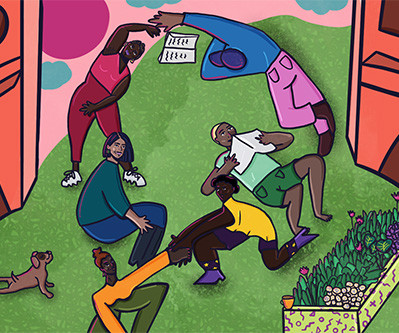Leadership Development Beyond Projects
Stanford Social Innovation Review
APRIL 19, 2023
Based on conversations with local youth, Dora decided to create a guidebook for Senegalese high school and university students that provided details on scholarship opportunities. One requirement of the program was the completion of a community project designed to address a local need.











Let's personalize your content